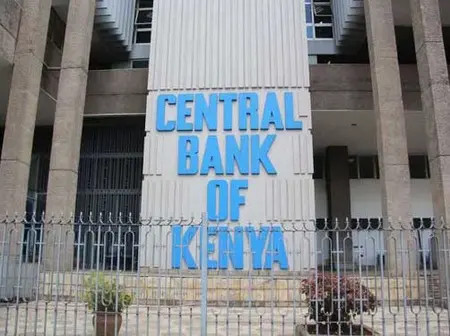Kenya’s fintech revolution has long been celebrated for its ingenuity — a country where almost everyone can send money across counties faster than most governments can send mail. But beneath that efficiency sits a toll system few talk about openly: fraud as a recurring user expense.
If your mobile wallet is compromised, or you’re tricked into reversing funds, the experience is rarely treated as a crime. It’s treated like clumsiness. You lose. The system shrugs.
That dynamic may soon be tested.
The Central Bank of Kenya (CBK) is laying groundwork for a formal fraud compensation framework within the National Financial Inclusion Strategy 2025–2028, targeting rollout in 2026. The plan promises digital complaint channels, improved transparency — and crucially — structured redress.
But there’s one unresolved issue that will define the entire policy:
Will refunds be optional — or compulsory?
According to the FinAccess 2024 Survey, 9.8% of mobile money users have experienced direct financial loss through fraud — significantly higher than banking channels. In informal systems such as Saccos and pension schemes, internal fraud alone sits shockingly above 70%.
Fraud isn’t just theft through hacking. It’s psychological engineering through impersonation, fake reversals, cloned SMS alerts and faux customer service lines.
Two real cases — one in Zambia, one in Kenya — show that mobile money reversals depend more on human kindness than institutional protection.
When Airtel was ordered by the Comesa Competition Commission (CCC) to refund $250 (Sh32,300) to a Zambian customer who had sent money to the wrong account back in 2023, it wasn’t because the company willingly helped. The user had spent almost two years roaming between offices in two countries before a regional regulator stepped in.
Around the same time, a Kenyan woman — Nyaguthii — mistyped a single digit while sending money during a casual WhatsApp call. Calls and texts to the unintended recipient went unanswered. So she turned to Facebook, Twitter, and community WhatsApp groups. Strangers investigated. Someone identified the number as belonging to a boda rider in Baringo. A chief got involved. By sunrise, the money was returned.
Not because the system worked — but because people did.
These stories aren’t sentimental. They’re signals. Formal protection is still optional. Community intervention is mandatory. Until CBK steps in decisively, reversals will remain a lottery of luck, shame, and pleading.
If fraud is treated as consumer negligence, compensation frameworks will operate as PR accessories. If treated as platform vulnerability, Kenya could enter a new era of financial accountability.
To understand what direction CBK might take, it helps to look outward.
Two Possible Outcomes:
A. Mandatory Refund Era — Trust rebounds, digital usage grows
B. Optional Refund Era — Fraud persists, consumer fatigue deepens
Kenya’s digital finance ecosystem has grown rapidly because users trusted platforms like M-Pesa and Airtel Money to be fast, safe, and reliable. But as fraud cases rise and refunds remain uncertain, that trust is starting to weaken.
Fraud will always exist, but what users want is assurance that they won’t be abandoned when something goes wrong. Kenya already proved it can build world-class payment systems — now it must prove it can protect the people using them.
Until compensation becomes a guaranteed right rather than a lucky outcome, every mobile transaction will feel like a personal gamble. CBK’s upcoming policy could change that, but only if it’s enforced strongly and not left to provider discretion.

Leave a Reply